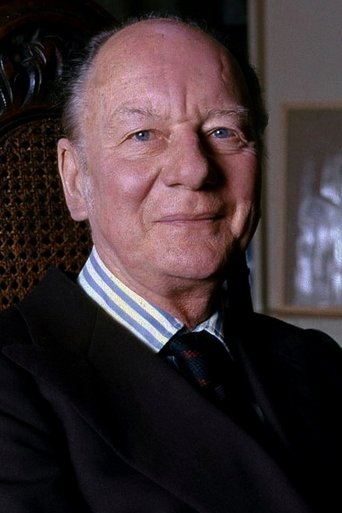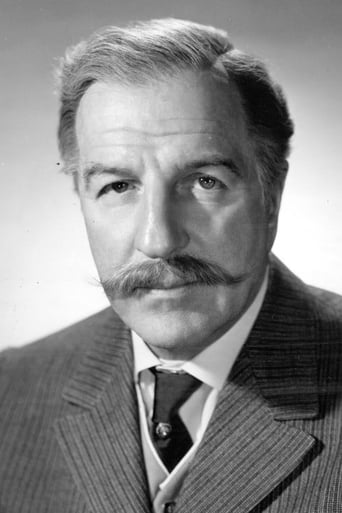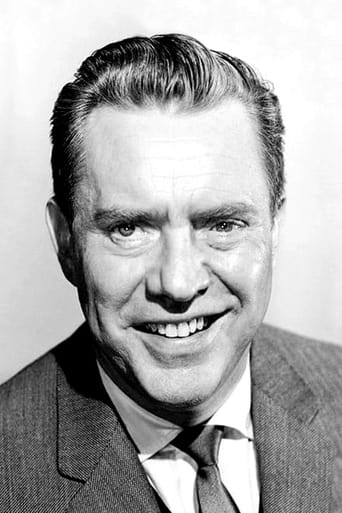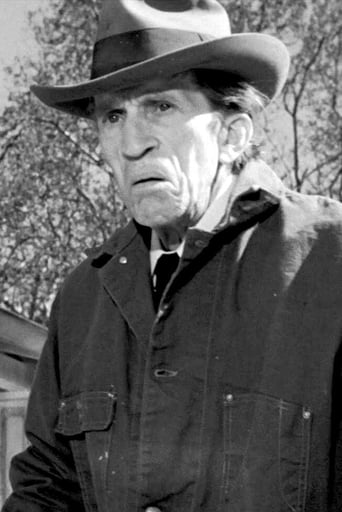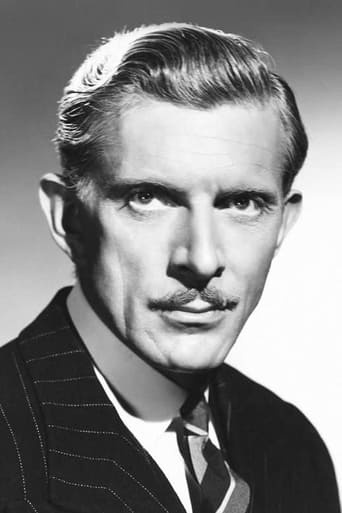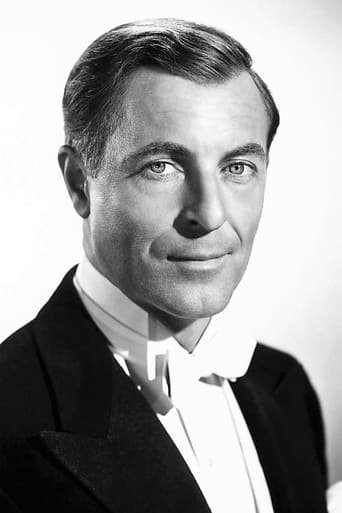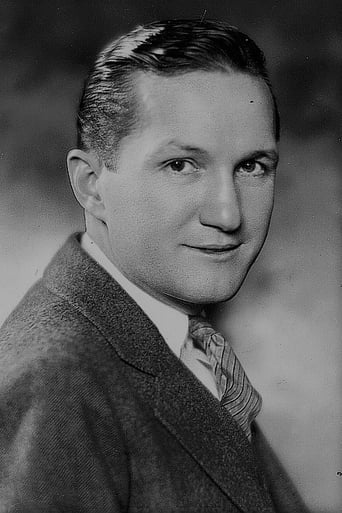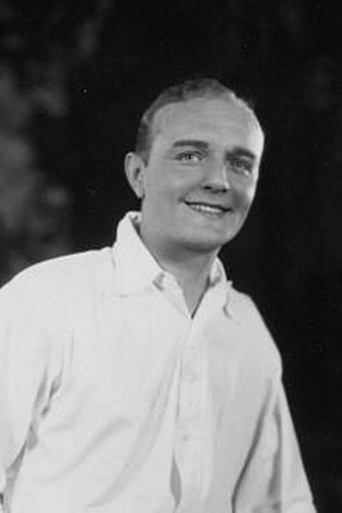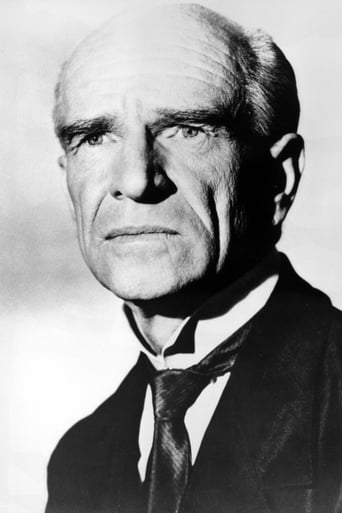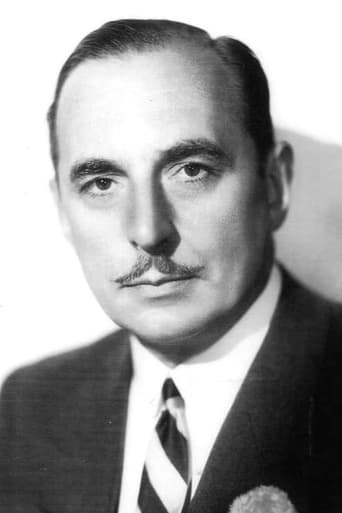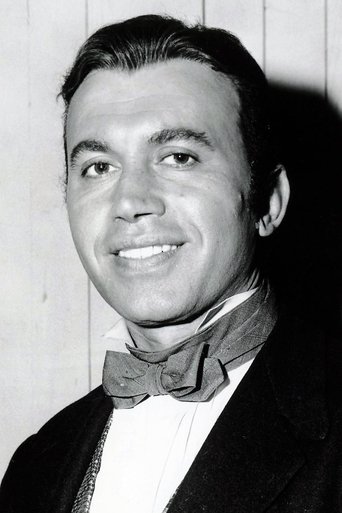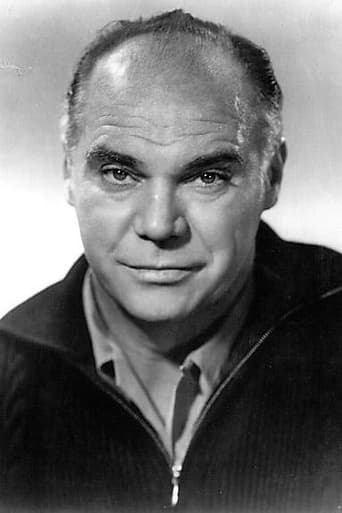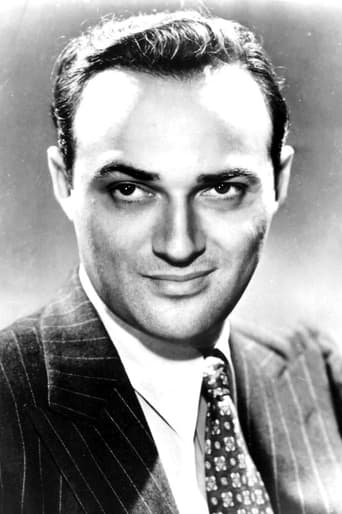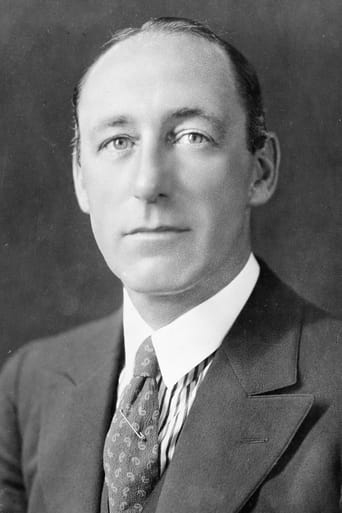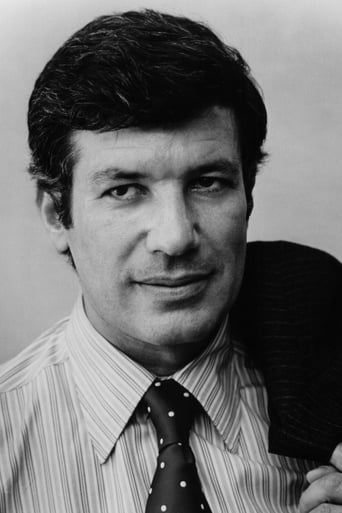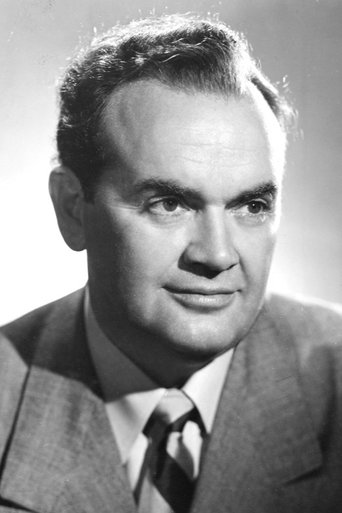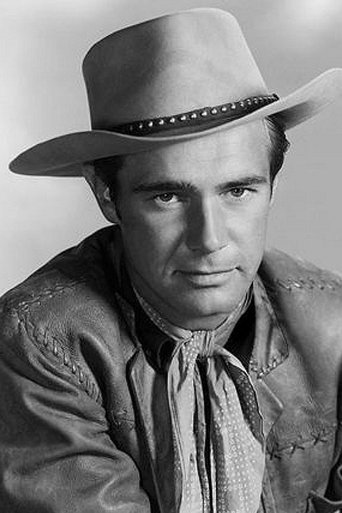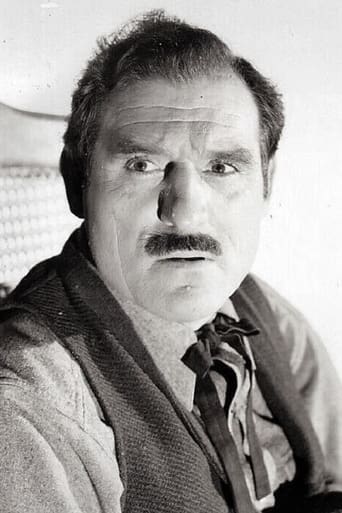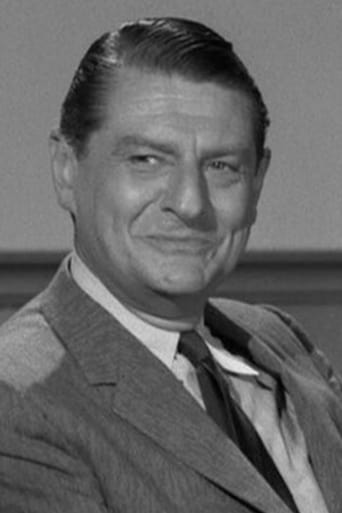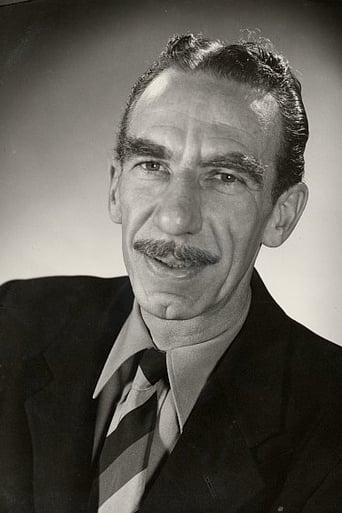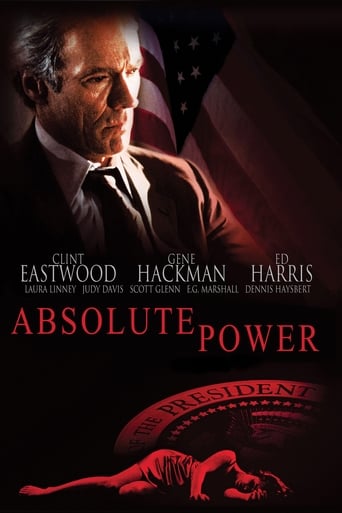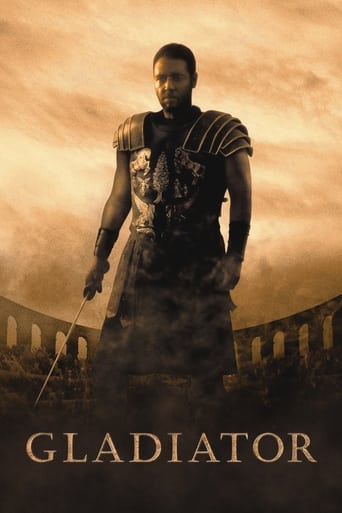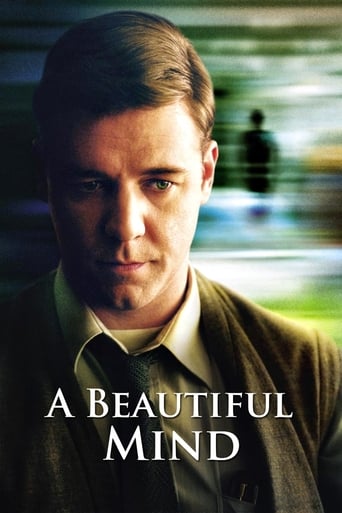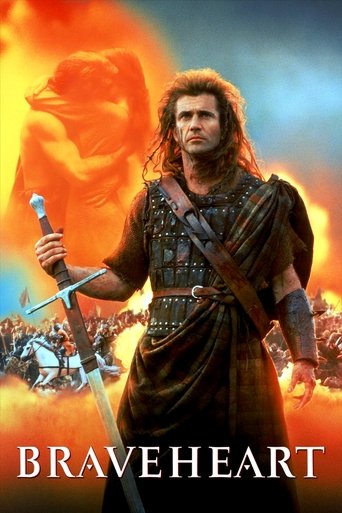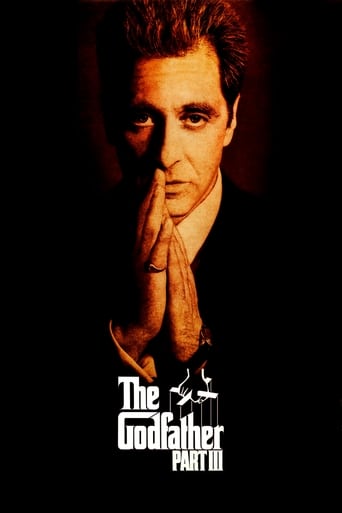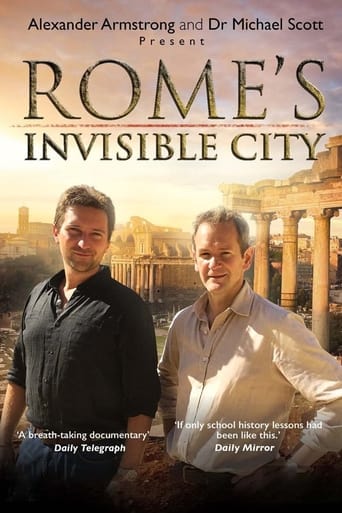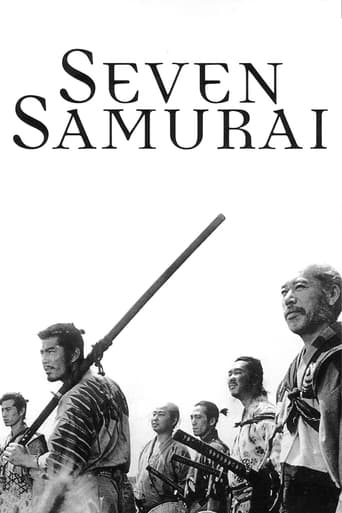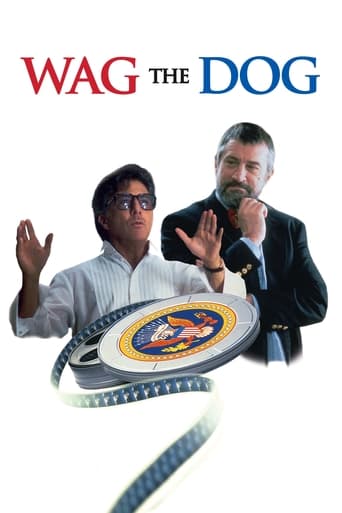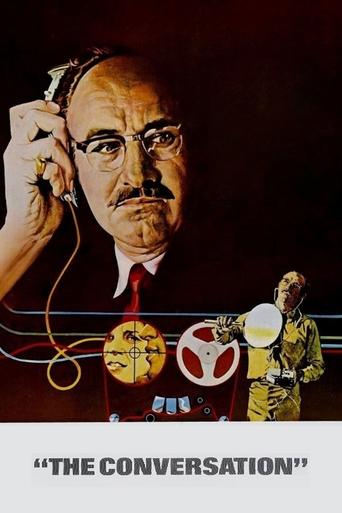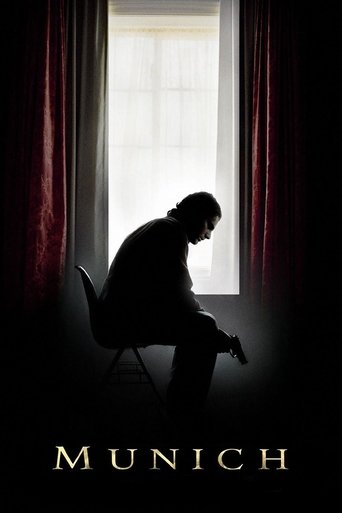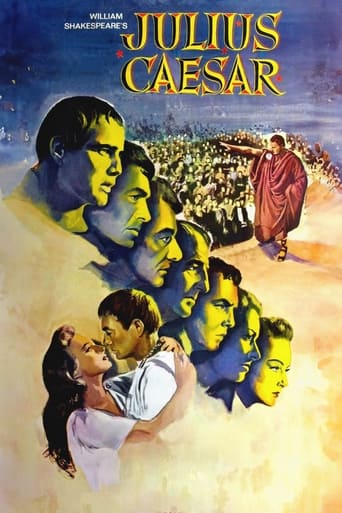
Julius Caesar (1953)
The assassination of the would be ruler of Rome at the hands of Brutus and company has tragic consequences for the idealist and the republic.
- Howard W. Koch
- Joseph L. Mankiewicz
- William Shakespeare
Rating: 7/10 by 209 users
Alternative Title:
Júlio César - BR
ジュリアス・シーザー - JP
Country:
United States of America
Language:
English
Runtime: 02 hour 00 minutes
Budget: $0
Revenue: $0
Plot Keyword: epic, assassination, ancient rome, conspiracy, 1st century bc
Having finally beaten Pompey's armies, Caesar (Louis Calhern) has returned to Rome to the acclaim of it's population. A fourth term as consul and the title of dictator for life suit his ambitions but they cause alarm amongst those who feel this is the first step to absolutism. First amongst those suspicious characters is Cassius (John Gielgud) and together with Brutus (James Mason) and Casca (Edmund O'Brien) conclude that drastic action needs to be taken if they are to prevent him becoming king. They must, however, factor in the powerful Mark Antony (Marlon Brando) - Caesar's right hand man, and an honourable military figure. The Ides of March duly arrive, and history takes it course - and for me, that's when this adaptation of Shakespeare's play comes alive. The hitherto largely unseen Brando's character cleverly manipulates the mob into handing him an opportunity for vengeance on the assassins, and together with Octavius (Douglas Watson) a chance to wrest control of the empire for themselves. Many people have said that Gielgud was the finest of 20th century Shakesperian thespians and his performance here is potent and evocative. His character comes across as only slightly less ambitious than Caesar, and one way more venal. It's James Mason, though, who impresses most here. His Brutus imbues a sense of principal, of honour and integrity - he seems the only one not quite in it for himself. Both of these men deliver some legendary soliloquies with skill and adroitness. Brando really only gets the one significant kick at the ball as he delivers his eulogy, but here he delivers an impassioned speech to the baying crown that's as insightful as it is inciteful. Joseph L. Mankiewicz competently presides over a well produced and paced dramatisation of brutality, duplicity and pride - and he allows those on screen to demonstrate their abilities to deliver some slightly abridged but still complex dialogue strongly. Not be forgotten are a couple of important, if sparing, contributions from Greer Garson and Deborah Kerr and we are delivered of a great story of intrigue and power that I really enjoyed.



